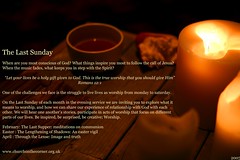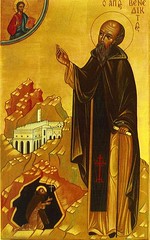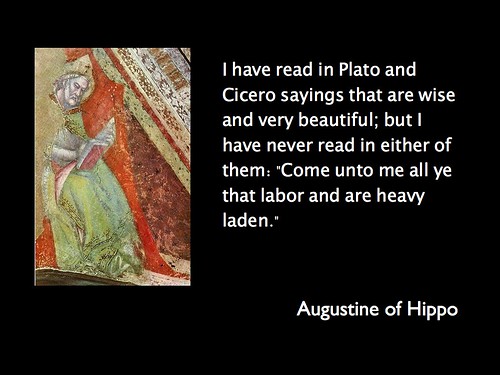
Sunday night was quite memorable. It was the next in our 'Last Sunday' services and we spent the evening as a meditation on communion.
It went something like this:
Opening prayer
Reflection on Bread including a reading from John 6
Making Bread. We had mixed the dough, but it still needed kneading and shaping. During the breadmaking we shared our experiences of communion - both good and bad. Then the bread was taken off to be baked.
Reflection on Wine. There was wine on the tables and we discussed the biblical imagery of wine - as new life, joy, abundance and peace. During this part the smell of baking bread drifted through the room.
A short talk on the importance of the ritual, incorporating some of the historic conflict over communion and an encouragement to take this back as part of our community life.
Then the bread was brought out again, and we used it for communion. Lovely.




